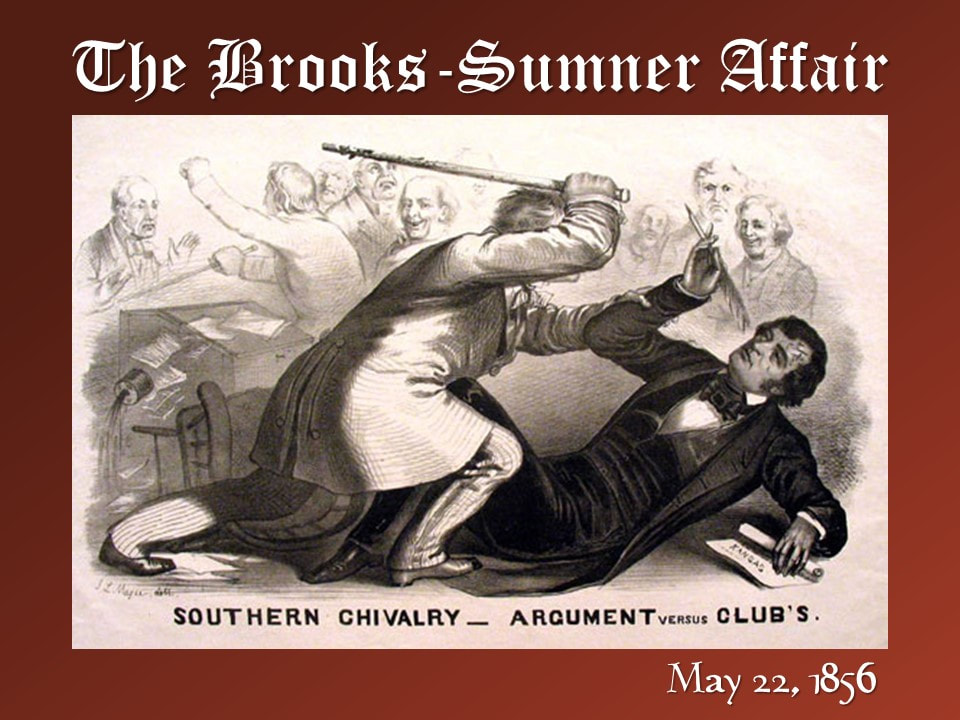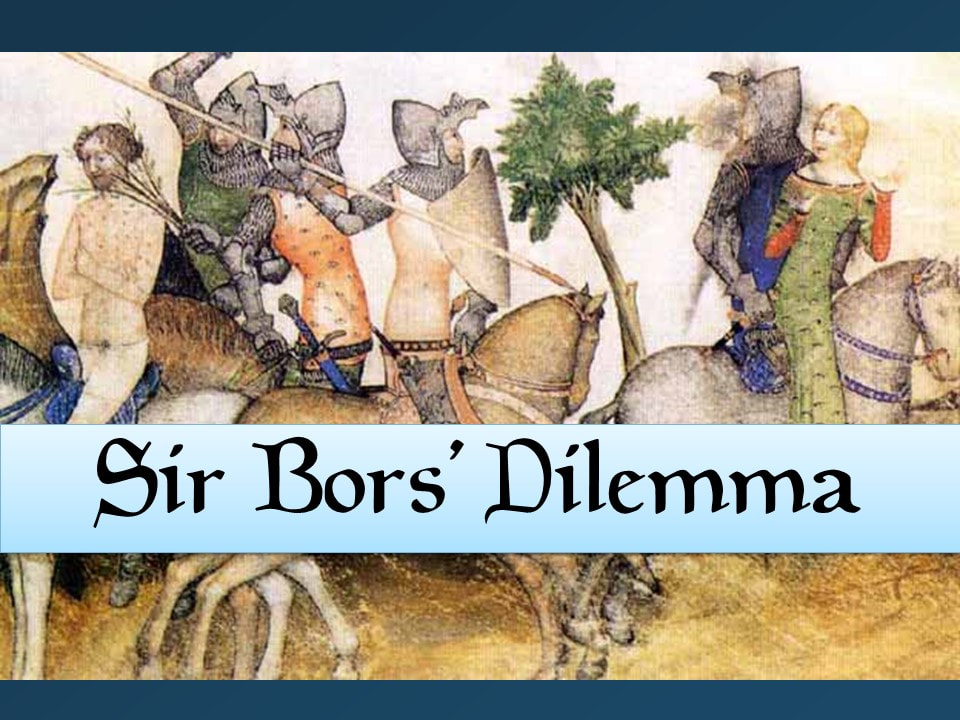What is Chivalry? And is it Dead?
The Warrior Code of the Middle AgesAs the Roman Empire was being torn apart by barbarians in the fifth century A.D., the barbarian culture began to merge with the culture of the Romans as these tribes began to adopt Christianity. As the unbridled barbarian ferocity began to be tempered with Christian teachings, the idea of knighthood began to develop. The term, chivalry, comes from the medieval French word, cheval, meaning “horse.” In the High Middle Ages, this Code of Chivalry was a guideline for knightly behavior both on and off of the battlefield. The Values of ChivalryLeon Gautier, a nineteenth century literary historian and scholar of chivalry, laid out ten “commandments” of chivalry to illustrate the values of a chivalrous knight:
Sir Bors' Dilemma
Chivalry TodayToday, chivalry lives on not only in gentlemen who hold doors for women and pay for dinner, but also in popular entertainment. Batman is often referred to as the “Dark Knight.” While Batman does not have a reputation for being a nice guy, he commits himself to protecting the weak and when Batman does harm, it is to those who have done harm to those who are weak and defenseless.
0 Comments
Your comment will be posted after it is approved.
Leave a Reply. |
Tom RicheyI teach history and government Archives
May 2023
Categories
All
|





 RSS Feed
RSS Feed